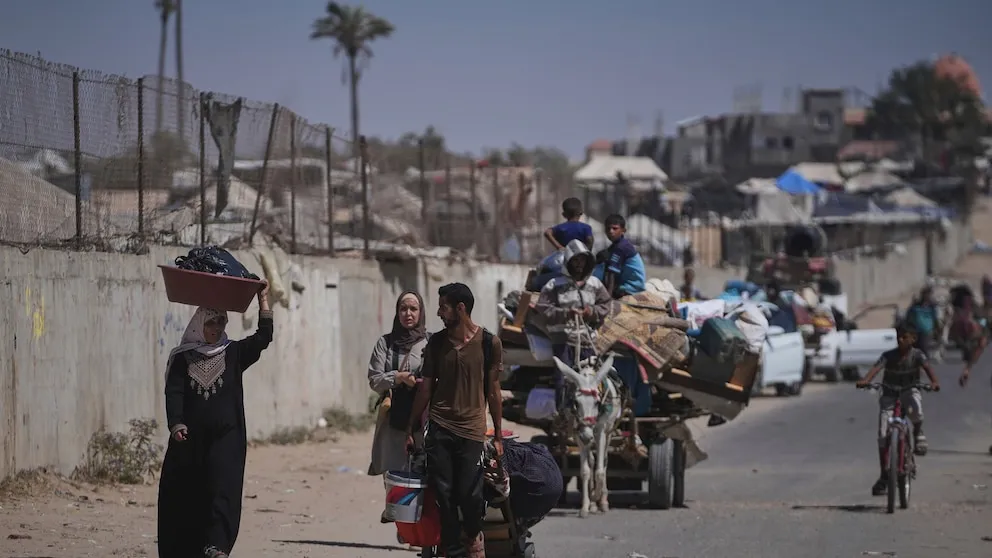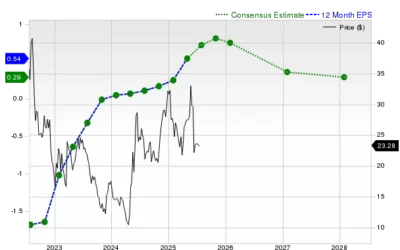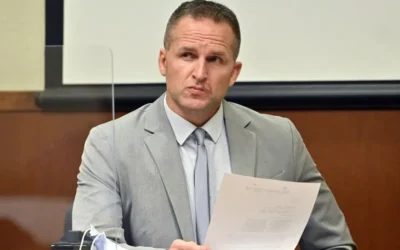Escalating Violence in Gaza: Humanitarian Crisis Deepens
The ongoing conflict in Gaza has reached a harrowing climax as humanitarian efforts face unprecedented challenges. Over the past week, reports from Gaza health officials indicate that up to 85 Palestinians seeking aid were killed in a significant attack near the border. This incident illustrates not only the severity of the situation on the ground but also the dire need for immediate international attention and relief efforts.
Background of the Conflict
Since the outbreak of hostilities, the situation in Gaza has deteriorated rapidly, exacerbated by military actions and evacuation orders issued by Israeli forces. Tensions between Israel and Hamas have escalated sharply, leading to widespread casualties and suffering among civilians. Reports indicate that in addition to those killed during the recent aid site attack, approximately 115 Palestinians have been killed throughout Gaza amid increased military operations. Sadly, this includes stories of families torn apart and individuals grappling with the reality of war.
A Humanitarian Catastrophe
As the violence escalates, the humanitarian needs of the Palestinian population grow more urgent. In a grim revelation, officials reported that at least 19 individuals have died due to starvation, highlighting the acute food shortages plaguing the area. Blockades and ongoing fighting have restricted access to essential supplies, forcing families to make impossible choices between food and safety.
International Reaction
The international community has expressed growing concern over the humanitarian situation in Gaza. Various nations and organizations are calling for an immediate ceasefire and for both sides to prioritize the safety of civilians. The United Nations, among others, has issued statements urging an end to hostilities and advocating for unfettered access for humanitarian aid.
Conditions on the Ground
Inside Gaza, the situation is desperate. Hospitals are overwhelmed with casualties, medical supplies are critically low, and medical professionals face the daunting task of treating a rising number of injured individuals with limited resources. A direct correlation exists between the warfare and public health issues, where the lack of clean water, sanitation, and medical supplies leads to increased mortality rates.
Civilians at Risk
Civilians in Gaza are bearing the brunt of the violence. Under siege, they are subject to constant airstrikes and ground assaults, leading to an ongoing loss of life and widespread psychological trauma. Many families are forced to flee their homes, seeking safety only to encounter additional violence in their attempts to survive. As the conflict drags on, questions arise about the long-term implications for a population already fragmented by decades of strife.
The Need for Urgent Humanitarian Aid
Organizations such as the Red Cross and various NGOs are mobilizing to provide immediate assistance, although logistical challenges persist amid the ongoing violence. Aid convoys face significant risks, and acquiring consent for operations in conflict zones can become a contentious issue. Reports show that many humanitarian workers have had to step back due to safety concerns, further complicating relief efforts.
Prospects for Peace
The prospect of a lasting peace in the region appears bleak as military operations intensify. The cycle of violence seems self-perpetuating, feeding into a narrative of retaliation and revenge. Peace talks in the past have often stalled over core issues, including territorial disputes, security concerns, and the status of Jerusalem. Without a renewed commitment from both sides and support from the international community, the cycle may painfully continue.
Voices from Gaza
Amid the chaos, voices from Gaza are calling for peace and justice. They demand an end to violence and the prioritization of humanitarian efforts. Stories of resilience emerge, showcasing the unwavering spirit of the Palestinian people, who strive for basic human rights amid overwhelming challenges. Grassroots movements have begun to flourish, advocating for the needs of civilians and highlighting the humanitarian crisis that transcends political lines.
The Role of International Advocacy
Global advocacy plays a crucial role in shaping public perception and policy decisions regarding the Israeli-Palestinian conflict. Social media campaigns, global protests, and humanitarian fundraising efforts contribute to raising awareness of the plight of those caught in the crossfire. As images of destruction and suffering make their way onto platforms, the world is compelled to confront the humanitarian implications of political decisions.
A Call for Action
The time for decisive action is now. As reports of loss and suffering flood in, a unified call for both parties to return to the negotiating table cannot be overstated. The international community must come together to press for humanitarian access and the protection of civilians, as well as advocating for a sustainable and lasting resolution to the conflict.
Conclusion
The current situation in Gaza exemplifies the tragic consequences of war on human lives. The staggering number of deaths and the growing humanitarian crisis reflect not only the immediate impact of military actions but also the longer-term repercussions that will reverberate through generations. It is a crucial moment for both local and international actors to step up and prioritize the welfare of the innocent civilians caught in this enduring conflict.







